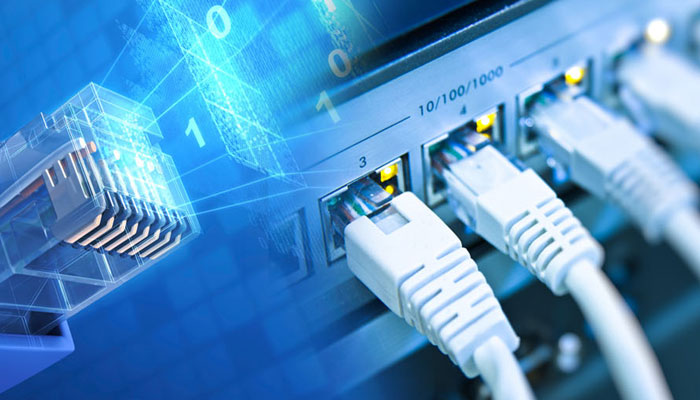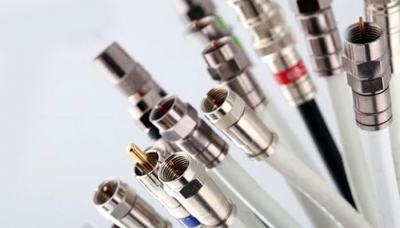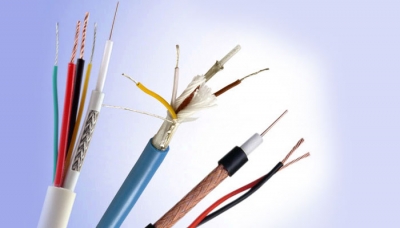
Ethernet cables are the network cables, used in long distance data transfer. There are various types of Ethernet cables such as Cat5, Cat5E, Cat6, and Cat6A. But if we go in the depth, then there are mainly two categories in which these cables are categorized which are flat cables and round cables. Let’s explore what are the different types of Ethernet cables and what is the primary difference among these one.
Flat Cables
After world war 2, the Cicoil Corporation from USA made the flat Ethernet cables for the IBM computers. These cables were used in some of the major fields such as Robotics, military, and aerospace. And since then, these cables became so popular that they became the necessity of every industry. When you use these flat cables, they provide you with efficient packaging and flexibility. Also, these cables reduce the noise and vibration during various operations.
Round Cables
There are round cables also which are in the form of insulated wires. These wires contain some filler substance to keep the shape in circular form. Also, these fillers guard the cable from outer environment. When two products work, friction happens which can damage the product. But in case of round cables, the structure of these cables keep friction at lowest. When it comes to applications, then these cables are used in various manufacturing industries.
Cat5E
Cat5, an enhanced version of Category 5, brought a new era of cables and wires in the connector development industries. These wires perform Gigabit network with a great efficiency. If we talk about CAT5E, then this standard version brought some new, unique, and strict crosstalk specifications with it. This cable type allows Gigabit applications and high data transfer. Furthermore, this cable has got much flexibility and reliability and can replace Category 5 in the near future.
Cat6
Cat6 or Category 6 have become the basic requirements when it comes to the highly efficient cables and connectors. These cables also support Gigabit network and bandwidth of upto 270 MHZ.




